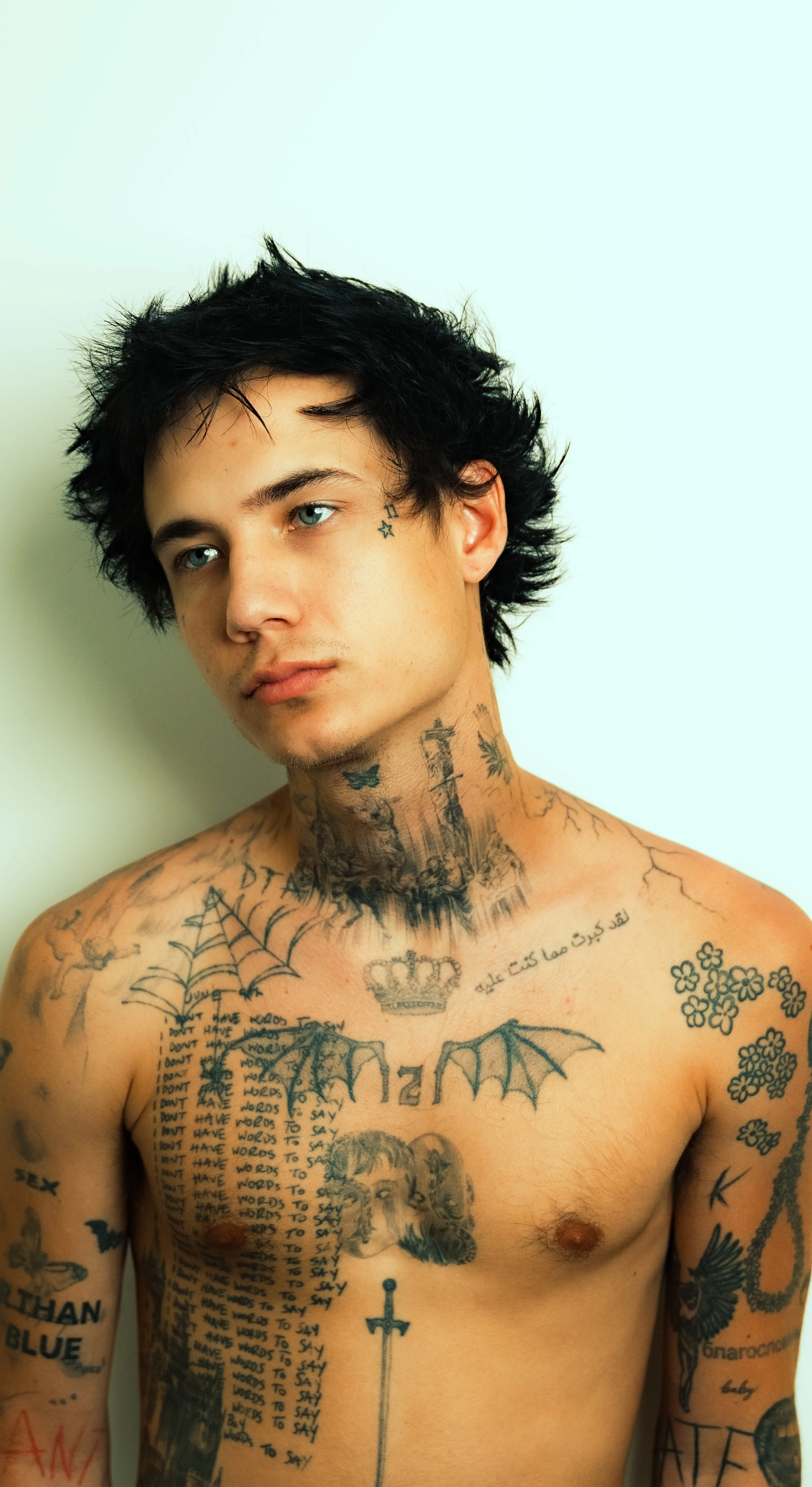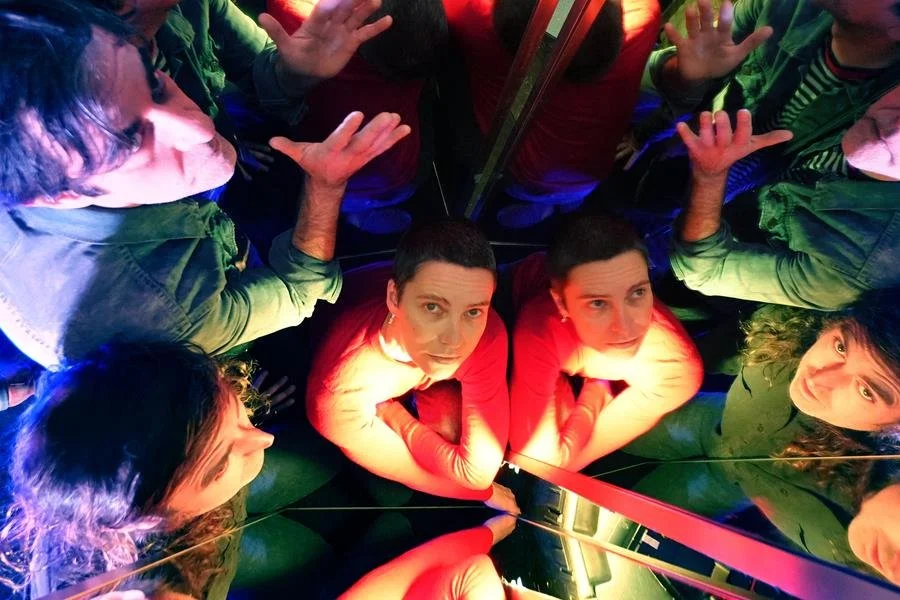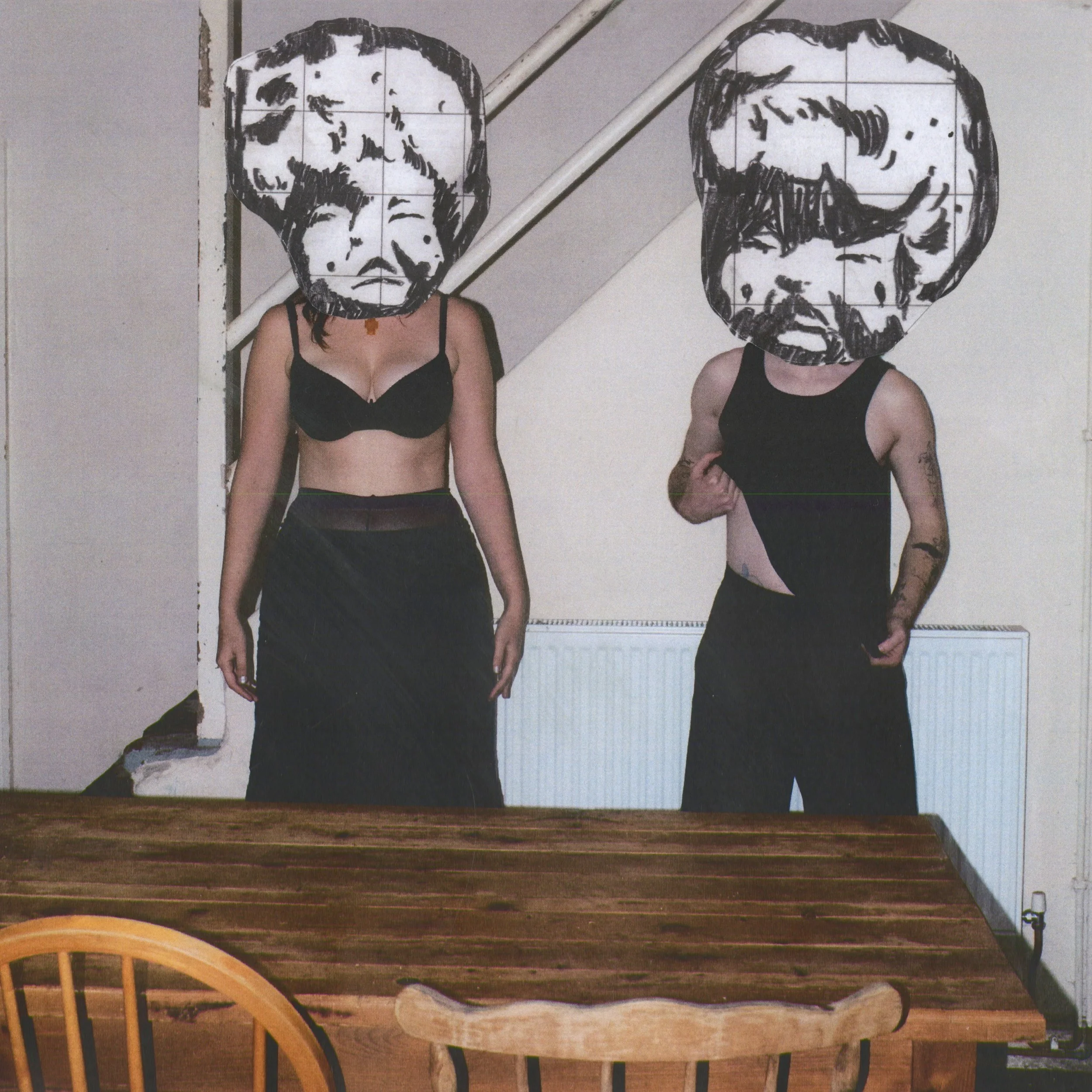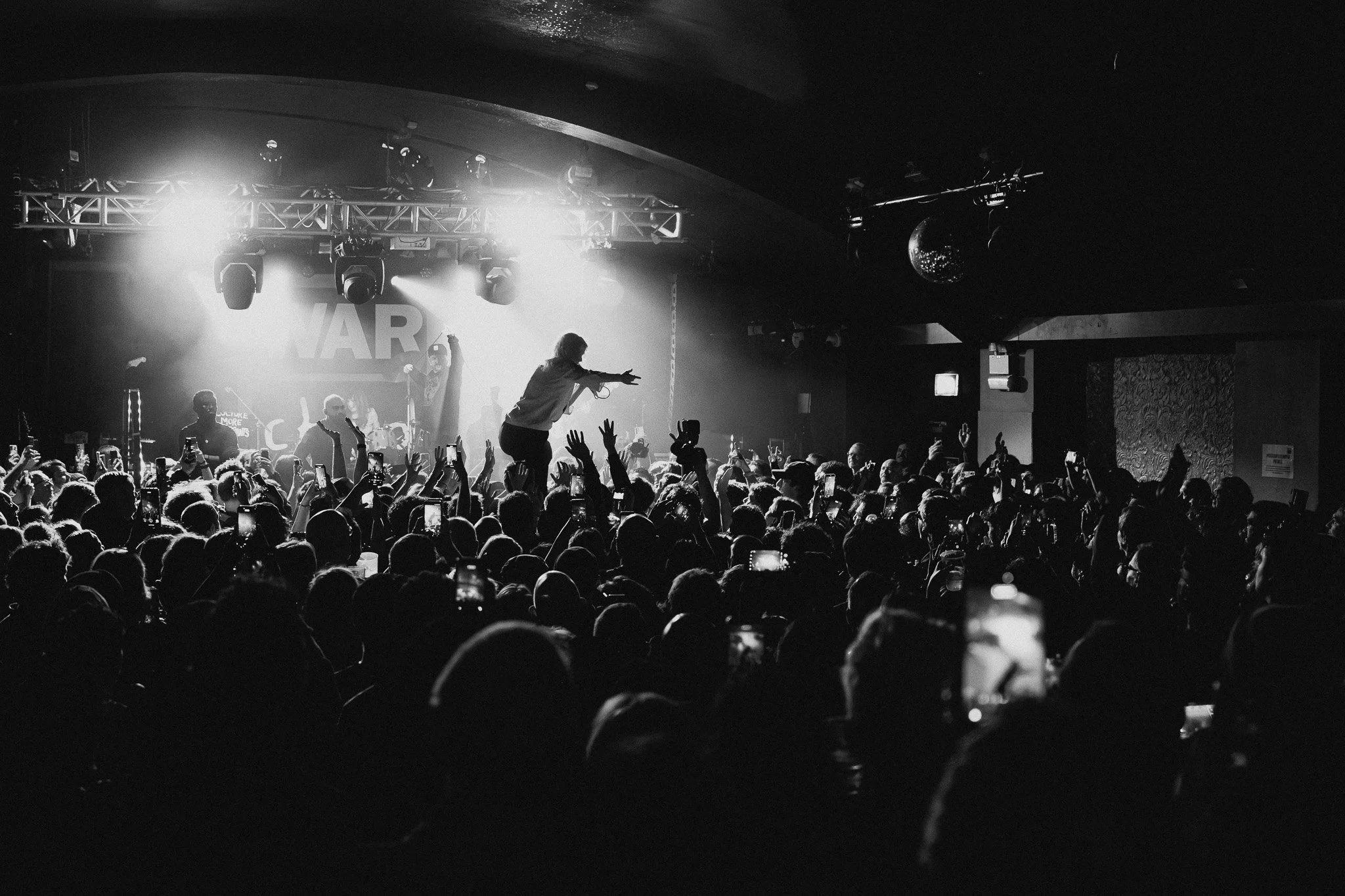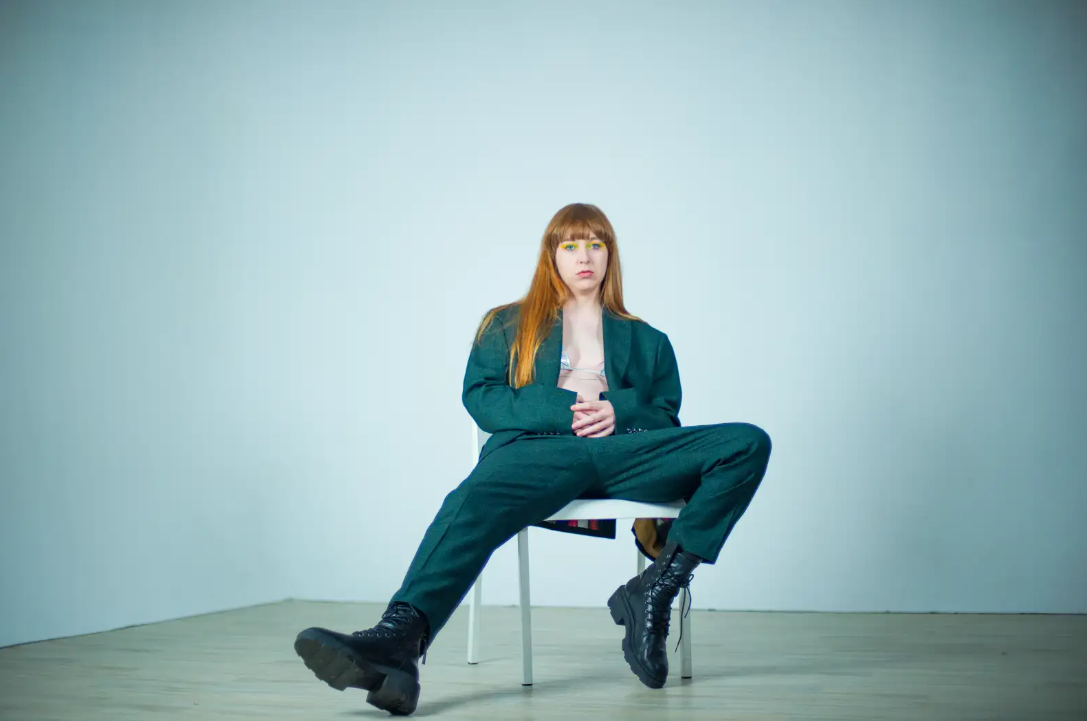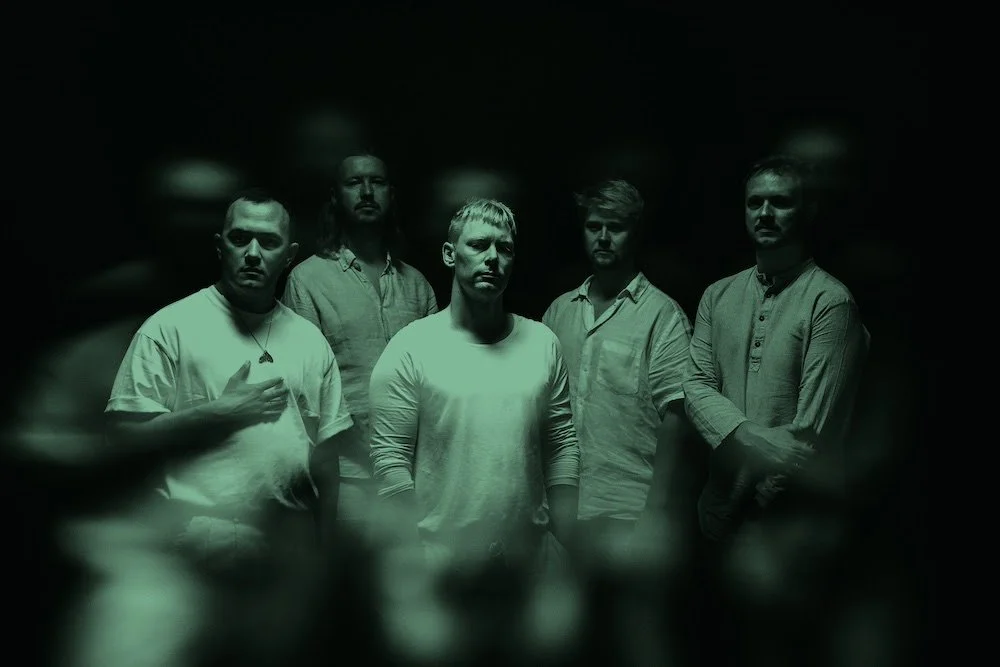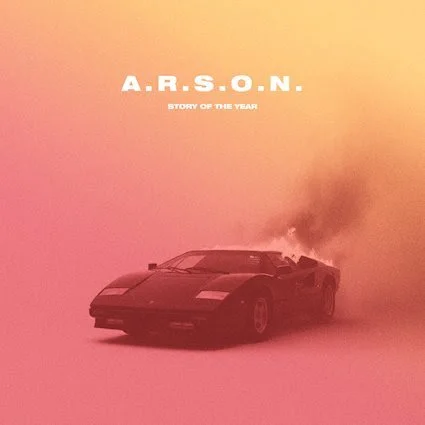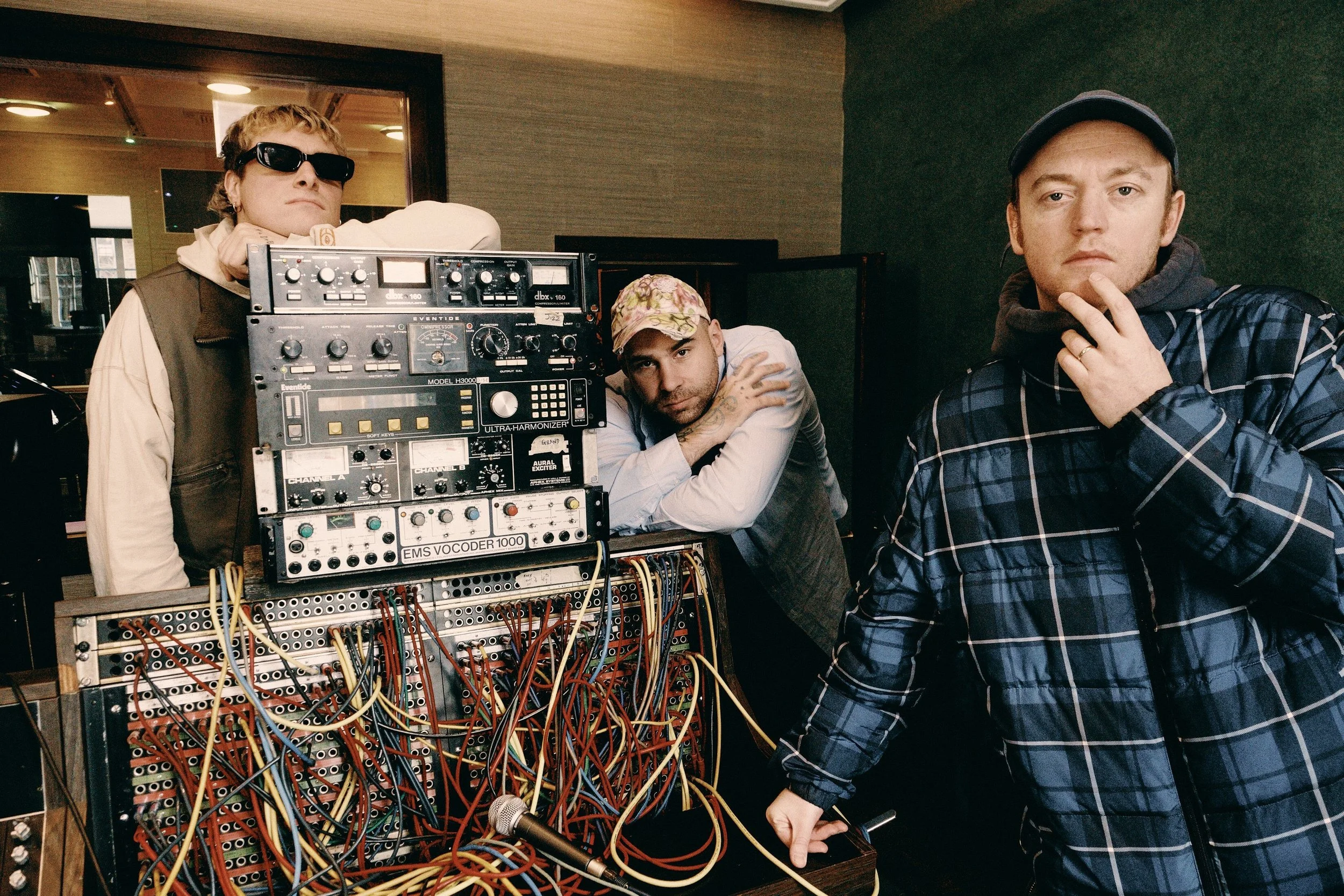Album Review: jxdn - 'When The Music Stops'
Following on three years after his breakout debut Tell Me About Tomorrow, pop-punk’s rising star jxdn is back better and healthier than ever with the ironically titled When The Music Stops.
jxdn - real name Jaden Hossler - is no stranger to the public eye. Having made a name for himself as a social media personality, gaining himself a fair youth following, he blew the roof off when he took his first steps in the music industry. With a debut record hitting high on Billboard’s alternative chart and finding universal attention with a cover of Olivia Rodrigo’s 2021 hit ‘Driver’s License, Hossler found himself making waves in the incoming storm of up and coming pop-punk kids. Now following a necessary step away from music to focus on himself and his mental health, he has found the right time and found himself in the right place to bring the world a widely-anticipated sophomore effort.
Kicking the record off with tracks such as ‘Stray’ and ‘Sad October’, Hossler is showing off what he has learnt over his time in alternative music by putting his knowhow and his honed influences into his art. ‘Sad October’ in particular follows that classic pop-punk formula; a summer-night beat and catchy sound being accompanied by crestfallen and smacked-with-reality lyrics. Channelling his truest and deepest thoughts and feelings into a way he and many others find easier to consume and understand, it’s a practice older than Hossler himself. However, with a seasoned practice encourages a strong factor in success in music, especially in more recent years: nostalgia.
The nostalgia factor is something that pop-punk relevance sometimes relies on. Not in a way that there is nothing else to rely on or utilise to guarantee success, but more in a way to bring together an audience of younger and older; the kids who are living every lyric as the minutes and hours pass, and the veterans who saw it all firsthand at its initial rise in the 1990s going into the 2000s. As much of a wild ride as this can be for his audience, it also speaks volumes for Hossler’s respect for his art and his community. He’s not using this sound and these words just for fame or monetary gain, but because he knows it. He feels it. He’s lived and breathed it. He’s been there, he’s done that, and he’s bought the entire merchandise line. The authenticity can be read like a book playing through the record.
It only continues as the record plays on, with a range of tracks from the anthemic ‘Stranger’ to the anti-ballad of ‘How Far’. Pop-punk as a genre does get thrown the ‘samey’ label often; with a handful of bands from then to now being accused of recycling melodies and chord progressions and subject matters. When The Music Stops is not a ‘samey’ record - this album tells a story from start to finish. There are no one-shot tales being told over and over again. This is a full novel, and following the same style rather than mirroring the same composition repeatedly makes flowing through the tracks adventurous and interesting.
Closing out with the title track, jxdn concludes When The Music Stops with a semi-soft, bittersweet number about how his story ends. Questioning how once the fun ends and the silence takes over, what will he do and where will he turn.
With the album being heavily inspired by Hossler’s mental health struggles between his last release and this one, he has managed to pull off the healthiest therapy he could as a musically talented creative. He put everything into his music, and instead of hiding away and bottling it up, he expressed it to the world. When The Music Stops is nothing short of an autobiography about the reality of depression and difficulties in everyday life and normal scenarios, and it will be one that speaks to most if not all of the other people in his generation.
Words by Jo Cosgrove
